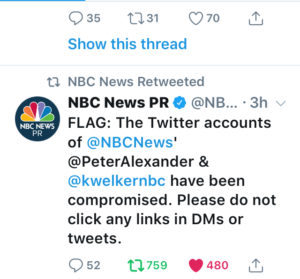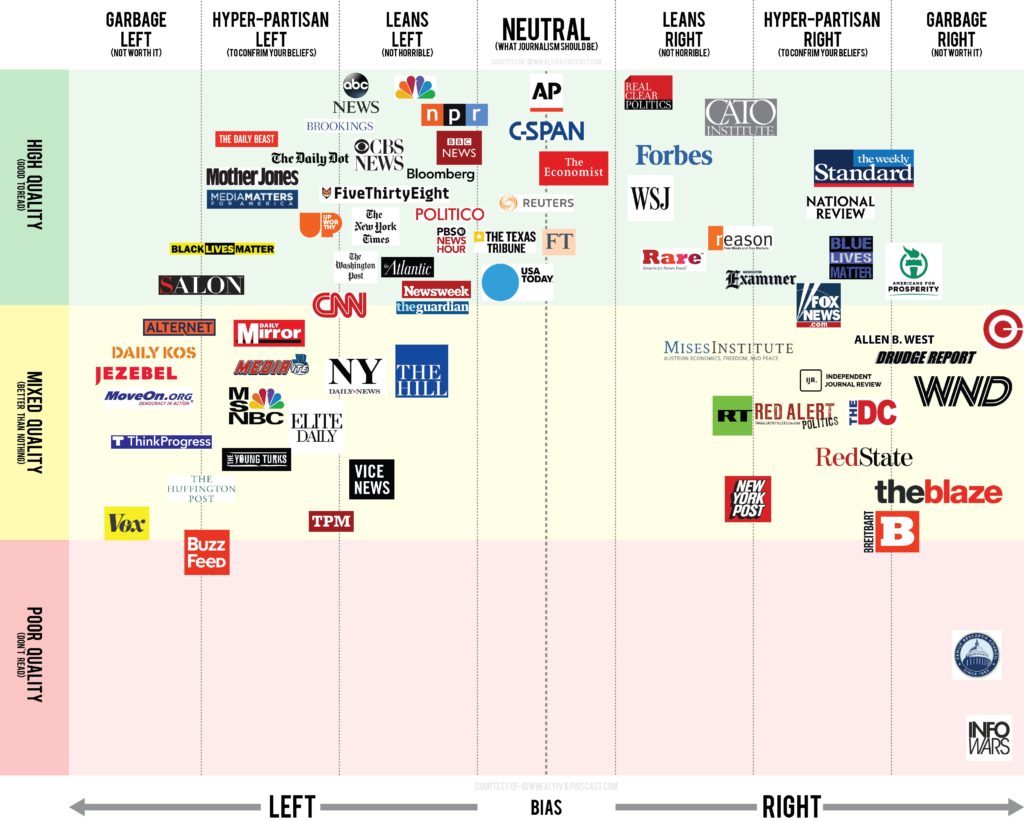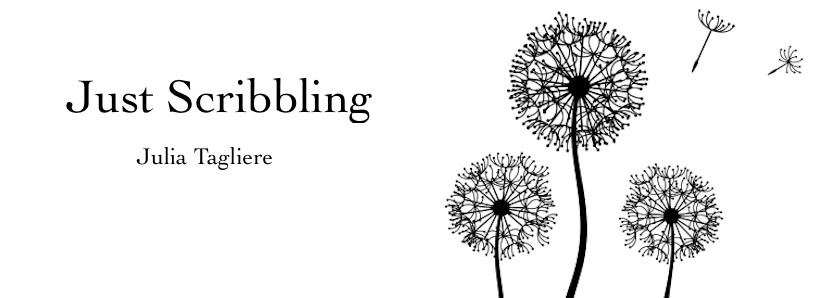The better part of valour is discretion; in the which better part I have saved my life. -William Shakespeare
I did it, just now—I shared it.
Honestly, I felt at the time I couldn’t help myself. The meme you just posted (or the article or video clip you posted before that) — it’s so unreasonable! You’re just flat-out wrong. How can you possibly think that joke was funny, or that the statistics it featured were accurate, or that the thing the meme talked about—the incident, the accident, the crime, the news story—really happened the way the meme said it did? I know you, and I can’t believe you believe what you’re posting. Your post, in short, demanded my response.
So I found an opposing meme (or article or video clip) that refuted yours—it’s so pithy! I am, of course, 100% right, my statistics are accurate, and the report I share is a complete refutation of everything your last post said.
My post, in turn, demanded another response from you.
So then you found another meme (or article or video clip)—oh, it was a good one, even better than your original! Celebrity quote, photo, and everything. Impressive—how on earth could anyone expect you to resist sharing that gem?
Well, guess what, my online friend? They don’t expect you to resist—ever.
They know full well that we Americans have completely lost our minds online these days, and they are working overtime to make sure they keep us that way—divided, fractious, and no longer able to find even the thinnest of common ground.
Who is this mysterious “they,” you ask? Well, let’s look at some recent discoveries that shed some light on how we might have arrived at this precarious spot in our nation’s history.
- This little tidbit came out during last year’s Senate Judiciary committee hearings regarding Russian interference in the 2016 presidential election: “Facebook believes 120 fake Russian-backed pages created 80,000 posts that were received by 29 million Americans directly, but reached a much bigger audience by users sharing, liking and following the posts.” Furthermore: “Elliot Schrage, Facebook’s vice-president of policy and communications, said on 2 October that the advertisements appeared to focus on ‘divisive social and political messages across the ideological spectrum, touching on topics from LGBT matters to race issues to immigration to gun rights.'” https://www.theguardian.com/technology/2017/oct/30/facebook-russia-fake-accounts-126-million
Wow, LGBT matters? Race issues? Immigration? Gun rights? Raise your hand if you liked, shared, posted, commented upon, retweeted, or favorited during the last two years anything, even once, on one of those issues.*

Yeah, that’s what I thought, and I’m just as guilty as you are.
Not impressed by the whole “Russian meddling in the 2016 election” argument? How about a more recent discovery:
- Just last week, reports surfaced that Russian trolls were seeking to “sow discord” among Americans by posting inflammatory content about vaccines, people. (https://www.bbc.com/news/world-us-canada-45294192) How many of you have replied to an anti-vaxxer post or meme with a strongly-worded dissent, chock-a-block full of science, meant to put those dangerous notions to rest once and for all? Or perhaps, you’re a frightened parent who saw a terrifying post about “my kid got one shot and wound up with autism the next day” and shared that, because, well, shouldn’t all your parent friends be aware of how dangerous these things are, too? I mean, my god.
Yeah, you don’t need to raise your hands this time—I know you did it. I did, too.
Still not convinced how stealthy and effective this tactic can be?
- How much more likely are you to share a post, comment on it, like it, etc., if the first time you see it, it’s coming from someone with a famous name? You’re more likely to do so, aren’t you? Well, guess what? They get trolled, too. Don’t believe me? Check out one list (and this one’s from a year ago): https://www.nbcnews.com/tech/social-media/trump-other-politicians-celebs-shared-boosted-russian-troll-tweets-n817036.
Just last week, NBC correspondent Peter Alexander’s Twitter account was compromised. I’m a regular follower of his, so when “he” started tweeting about “No country likes Americans” and his verified –blue check mark and all—profile suddenly appeared in Turkish, it was completely obvious to me that his account had been compromised, a fact verified by NBC News shortly after. I knew, as a regular follower of his, what to expect from his normal tweets; as a regular user of Twitter, I understood the significance of the blue check mark, and knew that he must have been hacked. But what about less savvy users? What about less famous individuals, without a big media giant behind them to swiftly move when accounts are compromised, and reach their many followers to tell them THIS IS NOT REAL. How can you be sure the person you’re sharing and retweeting and following is really who they claim to be?



Look, I’ve been just as guilty as anyone else of posting about these hot-button issues, and I probably will continue to post about them, because they matter. They’re hugely important topics—LGBTQ issues, reproductive rights, immigration, gun control, VACCINES—about which people, myself included, have terribly strong opinions, and as we’ve seen in some cases, public outrage about injustices and bad policies can be effective. So yeah, don’t expect me to go silent on them. But it’s becoming clearer and clearer to me that I need to analyze what I post a lot more closely—we all do, and not just for veracity, but for necessity, for benefit.
I caught myself again this morning almost being roped in as I was researching this piece: I had heard (somewhere vague) that trolls were using a recent tragic murder to try to deflect attention away from unwanted legal complications for a certain political figure, and I thought, wow, that’d be a great supporting stat for this. I figured it’d be easy to find a legitimate source verifying it—I mean, it’s definitely something that that person’s supporters would do, right? Wrong. Oh, don’t get me wrong; I found plenty of hits to support that narrative. But NONE of them fit the parameters for what I would consider to be an unbiased source. NONE OF THEM. But if I hadn’t stopped, asked some questions, taken the time to unravel the narrative, I might have plunked that unverifiable, slanted morsel right in, thereby perpetuating what appears to be a false narrative. We all need to start asking ourselves a lot more questions than we currently do:
What’s the source? Who posted it originally? Can I verify it with an independent news source? But more importantly, WHAT PURPOSE AM I SERVING BY SHARING THIS? What purpose was the original poster trying to serve? Is this likely to continue, unnecessarily, to fan the flames?
Once upon a time, we used to be able to have reasonable discourse about the issues on which we disagree. We could talk to each other like reasonable human beings about our disagreements, we could work in sane ways to try to find common ground—which does, by the way, exist, for all of us, no matter how far apart we think we are.
But that perception of just how far apart we are is now, we know, being artfully and skillfully manipulated by bad actors (Russians, yes but who knows who else might be piling on) whose only goal is to drive a wedge so deep between us and “the other side” that we can no longer find the will to unite. It’s a diabolical mission. While we’ve been busy bickering over flags and anthems and vaccines and gun rights (none of which are insignificant issues—they are all vitally important; that’s what makes it so easy to divide us), they’ve been busy attaining Jedi-level expertise at using all of those thorny issues to make us hate each other, to make us scream our differences in each other’s faces, to weaponize our differences to such an extent that we can’t figure out how to turn back anymore. It has to stop, folks.
We’re only starting to scratch the surface of what these outside bad actors are attempting to perpetrate against the American people. We’re hotheaded and independent and emotional; we’re impulsive; many of us are too impatient even to seek basic information about the complex issues about which we’re tweeting and posting, and guess what? Those bad actors know it. They know how easy it’s become to manipulate us, with a few simple inflammatory memes, which we, like angry sheep, retweet and share and repost and on and on and on. They know how gullible we are, how easily we fall for the loudest voice, instead of the one speaking the most reason. We’ve simply got to do better with this.
Look at what you’re posting today. Is it true? Did you verify the source with an additional search to find an unbiased confirmation somewhere else? Even if it is true, is it inflammatory? Is it a meme with a joke, a doctored image, or unverifiable statistic designed solely to outrage someone, those pathetic “libtards” or monstrous “deplorables?”

SAVE THIS IMAGE SOMEWHERE AND CHECK YOUR SOURCES REGULARLY
If you can spot that outrage easily, if you look at it and think, “haha, this’ll really get their undies in a bunch,” if all you feel a sense of glee or self-righteous gratification at how upset the other side’s going to be when they see it, the chances are really, really good that that original post was not created by someone you want to have speaking for you. We are just starting to understand that those creating these posts, under the guise of being your fellow Americans, are something far, far worse than just another American with a differing opinion and a big mouth (although we have our share of those, too, but that’s not the point of this particular post).
We need to remember who we are as a country, to find our common ground again, to unite against those outside forces who are working to divide us, to pit us against each other in ways we still don’t fully comprehend. We do otherwise at our peril.
I include myself as part of the problem to this point, but I’m going to try to do better. You can still be outraged, you can still be passionate, but you can also stop trying to fan the flames dividing us. Instead, direct all that wonderful energy to where it will truly change the world—educate yourself, and not by reading a bunch of stupid, outrageous memes or secondhand posts. Read, from original sources whenever possible, not rehashed summaries. Listen to each other. Engage with organizations and individuals working to effect change. VOTE.
And remember, always: united we stand, divided we fall.
*Fun facts: Facebook has 2.3 billion monthly active users (https://www.statista.com/statistics/264810/number-of-monthly-active-facebook-users-worldwide/). Every second, on average, around 6,000 tweets are tweeted on Twitter (visualize them here), which corresponds to over 350,000 tweets sent per minute, 500 million tweets per day and around 200 billion tweets per year. (www.internetlivestats.com/twitter-statistics/)
